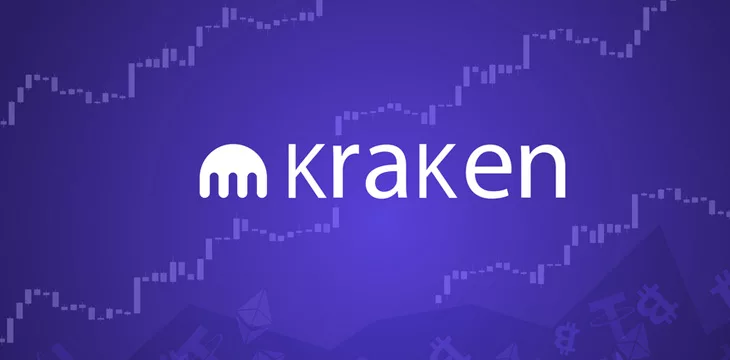|
Getting your Trinity Audio player ready...
|
The top Australian regulator has sued the provider for Kraken in Australia, Bit Trade, for failing to explain its margin trading product and make a target market determination to local customers, who lost $13 million.
The Australian Securities and Investments Commission (ASIC) announced civil proceedings against Bit Trade, the provider of the Kraken digital asset exchange in Australia, for failing to comply with design and distribution obligations for one of its margin trading products.
The design and distribution obligations require firms to submit a mandatory public document that sets out the class of consumers a financial product is likely to be appropriate for (target market), as well as advising about related risks.
The regulator claims that Bit Trade failed to comply with these obligations because the margin trading product in question was in fact a credit facility. The “margin extension,” as Bit Trade calls it, offers customers credit for use in the sale and purchase of certain digital assets on the Kraken exchange. Customers can receive an extension of credit of up to five times the value of the assets they use as collateral, which they can then use in the sale and purchase of certain digital assets on the Kraken exchange.
Between January 2020, when Bit Trade began offering its margin trading product, and October 5, 2021, ASIC alleged that at least 1,160 Australian customers used the product, incurring a total loss of approximately $12.95 million.
The regulator also claimed to have notified Bit Trade of its concerns regarding the failure to comply with the design and distribution obligations in June 2022. However, Bit Trade continued to offer the product to Australian customers without a target market determination.
This seems to contradict the claims by Kraken. Jonathon Miller, the managing director of Kraken’s Australian operations, reportedly said the exchange was “surprised and disappointed” by the action, maintaining that Kraken believed the product was compliant with local obligations.
ASIC is unlikely to be moved by such claims, the regulator being clear in its intention on Thursday.
“These proceedings should send a message to the crypto industry that products will continue to be scrutinized by ASIC to ensure they comply with regulatory obligations in order to protect consumers,” said ASIC Deputy Chair Sarah Court when announcing the charges.
“ASIC’s action should be a reminder of the importance to comply with the design and distribution obligations so that financial products are distributed to consumers appropriately.”
The date for the first case management hearing is yet to be scheduled by the court.
Kraken in hot water
Kraken is no stranger to court cases. The San Francisco-based exchange has also made the wrong kind of headlines several times in the United States.
Late last year, the U.S. Treasury’s Office of Foreign Assets Control (OFAC) fined Kraken $362,000 for failing to prevent Iran-based customers from trading in digital assets in violation of U.S. economic sanctions.
Things haven’t improved for the exchange in 2023. In February, it was penalized $30 million by the U.S. Securities and Exchange Commission (SEC) and forced to give up its U.S. token-staking business.
Simultaneously, the U.S. Internal Revenue Service (IRS) opened an investigation into Kraken over potentially underreported taxable gains. In a February 3 summons, it called for additional user information to identify Kraken accounts that conducted at least $20,000 in digital asset trading in any single year between 2016 and 2020.
Kraken attempted to block this summons, calling it “irrelevant, broader than necessary for its purposes, and burdensome,” but was eventually ordered to provide the IRS with customers’ names (including full name, any pseudonym, or any user ID), date of births, taxpayer ID numbers, physical addresses, telephone numbers, and email addresses for the period in question.
Follow CoinGeek’s Crypto Crime Cartel series, which delves into the stream of group—from BitMEX to Binance, Bitcoin.com, Blockstream, ShapeShift, Coinbase, Ripple,
Ethereum, FTX and Tether—who have co-opted the digital asset revolution and turned the industry into a minefield for naïve (and even experienced) players in the market.

 03-02-2026
03-02-2026 




